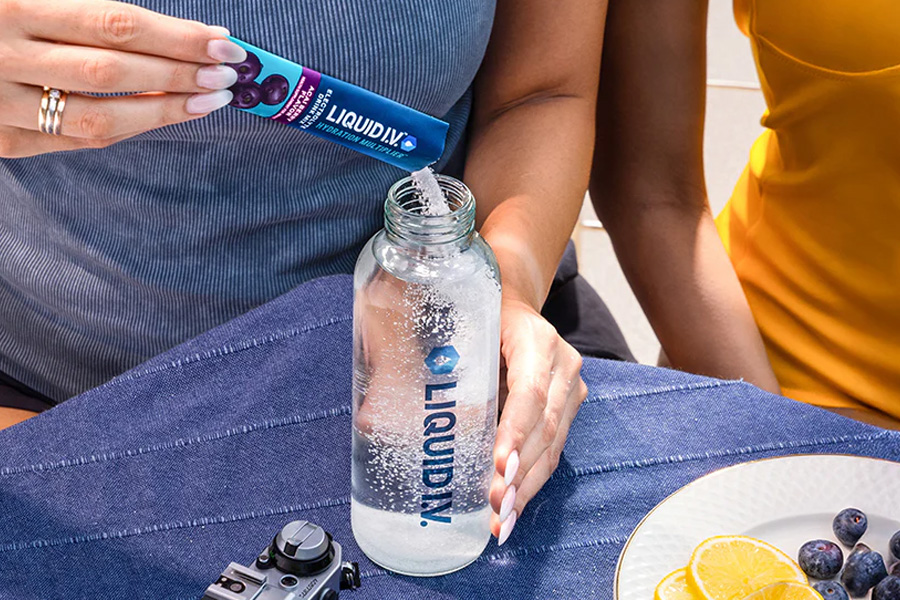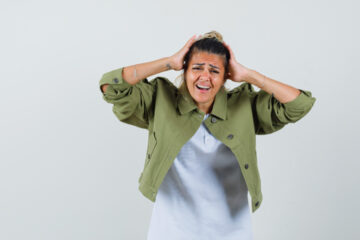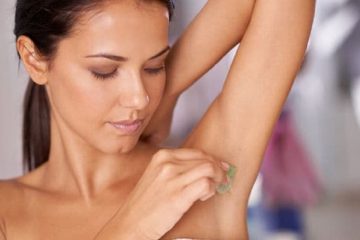Understanding The Signs Of Dehydration And Staying Hydrated

Fatigue. Dizziness. Dry mouth. Ever felt lethargic even after adequate rest or in the absence of any physical work at all? You might be dealing with dehydration. But how do you actually know when your body needs water? For that, you just have to read further, and after that, you will easily recognise the signs of dehydration early on and save yourself from even more serious health issues. Who might suffer from dehydration?
- An athlete
- A busy professional
- Someone who just forgets to drink enough water
These people can help their bodies once they start to understand their thirst signals. Let’s learn how to spot dehydration and prevent it.
How Does Dehydration Affect Your Overall Self?
Your body is made up of over 60% water, which has to be maintained. What goes out must be replaced by equal intakes. So, if your body loses more fluids than it takes in, dehydration occurs. This can happen due to –
- Sweating
- Vomiting
- Diarrhea
- Excessive urination
- Not drinking enough water
Catching the early signs of dehydrations matters a lot.
- You must know that even mild dehydration can affect physical and cognitive performance (Sawka et al., 2007).
- When you lose just 1–2% of your body weight in fluids, it can impair body functions, concentration, and mood (Adan, 2012).
Spotting the Signs of Dehydration
Let’s recognise the signals your body sends when it is running low on water content. But before we go further be aware that these can be signs of something more complicated. Take a judicious call of seeing a doctor:
| Sign | What It Means |
| Dry Mouth & Thirst | Early indicator—you’re already mildly dehydrated |
| Fatigue or Drowsiness | Low hydration = low energy, even after rest |
| Headache | Brain tissue shrinks, triggering pain (Duning et al., 2005); (Ogino et al., 2014) |
| Dark-Coloured Urine | The darker the urine, the more dehydrated you are |
| Dry Skin / Poor Skin Turgor | Skin doesn’t bounce back quickly when pinched |
| Dizziness | Less blood volume means the heart works harder (Maughan & Shirreffs, 2010) |
Did You Know? Your Brain Is the First to Feel ItResearch shows that even mild dehydration can impair mood and cognitive function (Ganio et al., 2011). |
Are You Dehydrated?
Ask yourself:
- When was the last time you had a glass of water?
- What colour is your urine right now?
- Have you been outside in the heat or working out?
- Do you feel more tired than usual?
If you get a “Yes” to most of the questions, you must be feeling some signs of dehydration.
Top Tips to Stay Hydrated
The good news? Staying hydrated isn’t complicated. Here are science-backed ways to stay on top of your fluid game:
Sip Smartly Throughout the Day
You should not wait until you are thirsty. Instead, drink water consistently. According to the National Academies of Sciences, men need ~3.7 liters/day and women ~2.7 liters/day—including food and beverages (NASEM, 2004).
Eat Water-Rich Foods
Fruits and vegetables like cucumbers, watermelon, oranges, and lettuce are over 90% water and contribute to daily hydration (Popkin et al., 2010).
Replenish Electrolytes If You Sweat A Lot
During intense workouts or in hot weather, don’t just drink plain water; add in some sodium and potassium that you lost through sweat. Look for hydration powders with an electrolyte blend for optimal balance (Casa et al., 2000).
Watch for Dehydration Triggers
Air conditioning, alcohol, and caffeine can all promote fluid loss. Stay extra alert to signs of dehydration when consuming these.
Conclusion
So, now you have a clearer understanding of the signs of dehydration. And most interestingly, the signs are actually your body’s attempt to protect itself. Every sign is like a signal that you must take care of yourself:
- Dry mouth
- Dark urine
- Fatigue
- Headaches, and so on
So, once you recognise the signs and start to stay hydrated using the right approach, you will be able to
- Think clearly
- Move efficiently
- Recover faster
- Feel healthy
So, if you feel foggy or fatigued, don’t reach for a snack or coffee. Reach for water first, and better if you add some electrolytes to it!
Leave a reply
You must be logged in to post a comment.











